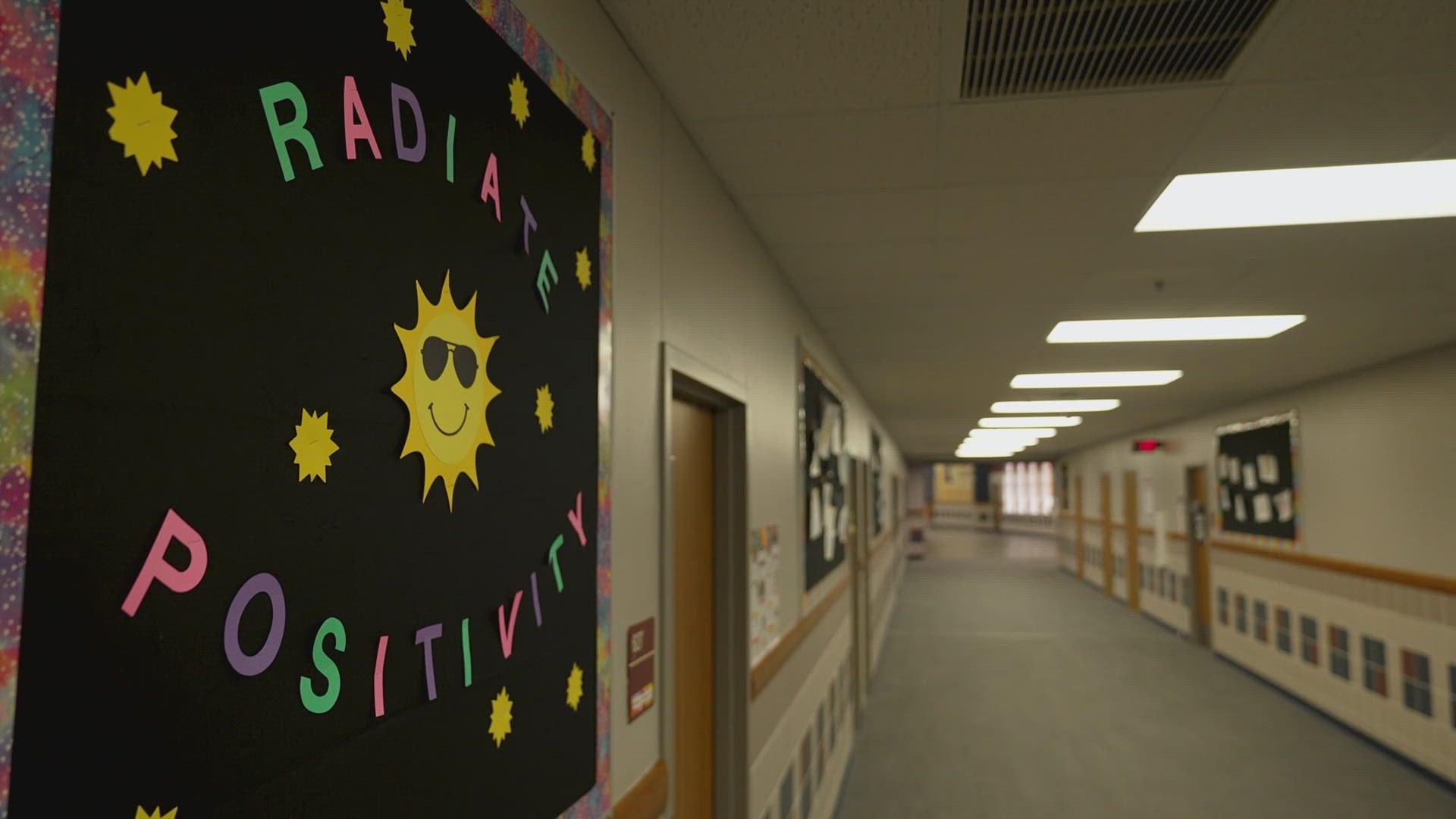WYLIE, Texas — Wylie ISD, led by Superintendent David Vinson, is part of a coalition aiming to revamp the State of Texas' public education code — specifically Chapter 37, which governs student discipline.
“On a scale of one to 10, it’s an eleven,” said Dr. Vinson when asked about the need for change.
Vinson tells WFAA that Chapter 37 of the state's education code used to be five pages in 1995 and has now grown to more than 130 pages. Vinson argues it’s now outdated, non-practical, and inflexible for today’s classroom needs. One facet of the code that the coalition will be fighting for is accountability and responsibility from the parents of the students. Another area is making sure that addressing discipline is up to the districts and the local level and not a one-size-fits-all state-wide approach.
"We care about our babies, but we want parents to share in that accountability with us," Vinson said. "We believe parents should be responsible for their child’s behavior."
Jennifer Gamlen of Tibbals Elementary is responsible for 19 first graders this year.
The 2020 Wylie ISD Educator of the Year, like many teachers, knows that managing student behavior is becoming just as critical as teaching the curriculum.
“Let’s be real — we’re dealing with human beings,” Gamlen said. "They're all different. We need some flexibility in understanding and meeting the needs of the students we receive."
Recent violent incidents highlight the urgent need for change.
Last month, an assistant principal in Corsicana became partially blinded after being attacked by a student. At Tibbals Elementary, an administrator suffered a black eye from an altercation with a student.
These incidents are happening all too often on campuses throughout the State of Texas and schools have overwhelmingly stated that bad behavior has become a challenge for teachers and administrators in the years post-COVID.
Teachers like Gamlen feel supported by their district but constrained by the current education code.
“There’s a disconnect between helping a dysregulated child and protecting the rest of the students,” Gamlen expressed.
To drive reform, the coalition has been collecting classroom stories through a QR code, tracking behavioral incidents, and gathering evidence to advocate for change.
Wylie ISD spent $1.5 million last year on necessary therapy for 12 students with behavioral issues. This funding comes directly from the district’s general budget, as the state does not assist. The coalition is seeking state funding to help cover these kinds of costs. Vinson tells WFAA the funding is only a small part of the change that is needed.
"I don't want their money, I want their support and their collaboration," the superintendent said.
However, Vinson emphasizes that changes to the code surrounding discipline should be left to local discretion.
Also spearheading the coalition is Richardson ISD's Superintendent Tabitha Branum. The coalition has been in the works for nearly a year. Along with Wylie ISD, the coalition includes three other North Texas districts: Plano, Garland, and Richardson. Their next step is to convince state legislators that Chapter 37 needs reform.

